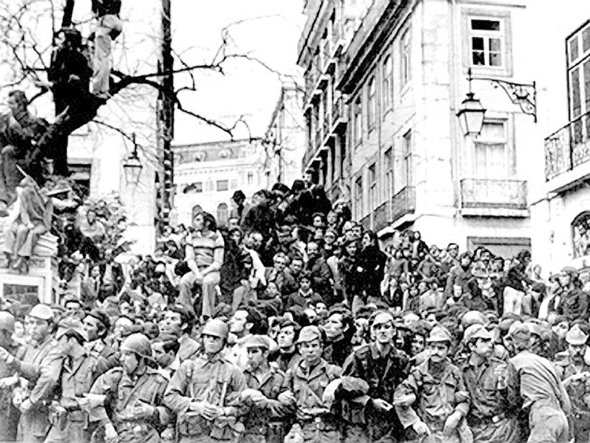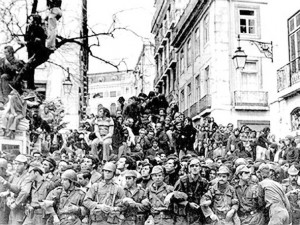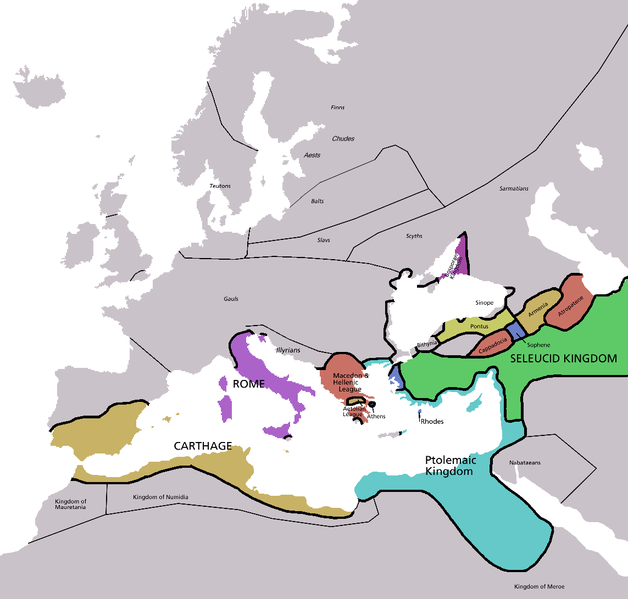 In the conclusion of our last major podcast of the Arab Artists Series on Radio Open Source, I told my podcasting partner Chris Lydon that throughout our experience in North Africa, including in Egypt, I felt like I was amongst family. That statement was no exaggeration or attempt to prove to the world that I was comfortable in a place that is now so notorious for its difficulties; that was a statement directly from my heart. It is also a statement that historically makes sense, as my heritage – Portuguese – is part of the larger story of the Mediterranean, where people, goods and culture have been circulating for over 2,000 years.
In the conclusion of our last major podcast of the Arab Artists Series on Radio Open Source, I told my podcasting partner Chris Lydon that throughout our experience in North Africa, including in Egypt, I felt like I was amongst family. That statement was no exaggeration or attempt to prove to the world that I was comfortable in a place that is now so notorious for its difficulties; that was a statement directly from my heart. It is also a statement that historically makes sense, as my heritage – Portuguese – is part of the larger story of the Mediterranean, where people, goods and culture have been circulating for over 2,000 years.
It is amazing to me, to recognize so many commonalities: in language, expressions, traditions, food, work, and attitudes that Portugal shares with Tunisia, or that Egypt shares with Portugal. Though any student of history would laugh knowing full well that the story of this region has, at different periods, tied these cultures together in one way or another.
That is until this present era. The era of intolerance, apathy, and the sadly misguided belief that people around the world, especially those originating from the Mediterranean, share nothing in common with the people in Egypt. Lets set aside the shared desire for democracy and justice that is almost universal on this planet. (though that alone should be enough) Consider that many people on the modern day Iberian peninsula, in southern France, and Italy in general, may actually look at the media and see the struggle taking place in Cairo and Tunis, and conclude that they have no connection to these people or their issues. Then consider again the amount of Americans, Canadians, decedents of immigrants now living throughout the globe, who’s ancestors came from this very region, yet today look and claim see no reason to care and no connection to that place and its people.
Somewhere, somehow, a mix of time, poor education, cowardice, and perhaps affluence, led people who surely believe themselves to be honest and good to the conclusion that whats going on over there has nothing to do with them. They replaced what are very real and incredible connections from perhaps not all that long ago, with the story that they are a different people, who don’t think the same way or want the same things.
Me, I know what I know and I know what I felt. A feeling that grew stronger everyday based on big and small conversations, gestures, and actions I will tell stories of for the rest of my life. A feeling that when I open a book and read the rich history of this region, is confirmed: I felt like I was amongst family, because when it comes to culture, history, and -yes- basic life wishes, I was among family. And if you really look at the history of this planet, there’s a good chance you’d notice that same connection.
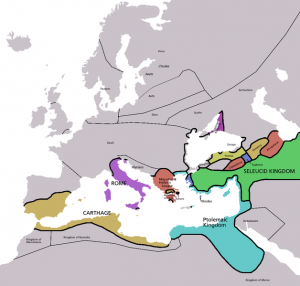
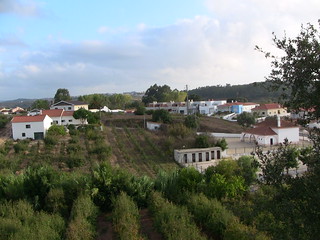 I’ve spent the better part of this summer with senior citizens, especially those living in small town Portugal. They are the generation just barely hanging on, the same people who 20 years ago I would spend much of my summer with. They were the farmers, the housewives, the seamstresses, and the factory workers. They raised children, they emigrated to countries where there was work and hope, and then they came home to live among their farms and friends for those golden years as they awaited visits from grandchildren and for life to carry on.
I’ve spent the better part of this summer with senior citizens, especially those living in small town Portugal. They are the generation just barely hanging on, the same people who 20 years ago I would spend much of my summer with. They were the farmers, the housewives, the seamstresses, and the factory workers. They raised children, they emigrated to countries where there was work and hope, and then they came home to live among their farms and friends for those golden years as they awaited visits from grandchildren and for life to carry on.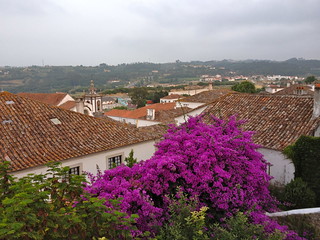 Somewhere out in the country side of western Portugal, I’m driving around dodging goats and tractors while reflecting on life’s challenges when you exist across borders. Instead of the usual world news issues and under reported news this is a more traditional stream-of-conciousness podcast that some people out there may be able to relate to when it comes to old age, economic problems, small towns, and ch-ch-changes. Join me on the back roads and highways of Portugal’s loveliest pear and wine regions.
Somewhere out in the country side of western Portugal, I’m driving around dodging goats and tractors while reflecting on life’s challenges when you exist across borders. Instead of the usual world news issues and under reported news this is a more traditional stream-of-conciousness podcast that some people out there may be able to relate to when it comes to old age, economic problems, small towns, and ch-ch-changes. Join me on the back roads and highways of Portugal’s loveliest pear and wine regions. It is a formula that we decided decades ago makes sense and should therefore work. It is a recipe that for many people in the past decades, has worked to provide a decent life and what people often refer to as security as they look to the future. – You go to school, you do your training, and when you’re finished there will be a job for you somewhere, and it will be a job you want.
It is a formula that we decided decades ago makes sense and should therefore work. It is a recipe that for many people in the past decades, has worked to provide a decent life and what people often refer to as security as they look to the future. – You go to school, you do your training, and when you’re finished there will be a job for you somewhere, and it will be a job you want. In an effort to save money and increase productivity, Portugal is getting rid of some holidays that people don’t really celebrate anymore. Among the obsolete days of non-work, the day the nation dumped the monarchy and became a republic,
In an effort to save money and increase productivity, Portugal is getting rid of some holidays that people don’t really celebrate anymore. Among the obsolete days of non-work, the day the nation dumped the monarchy and became a republic, 